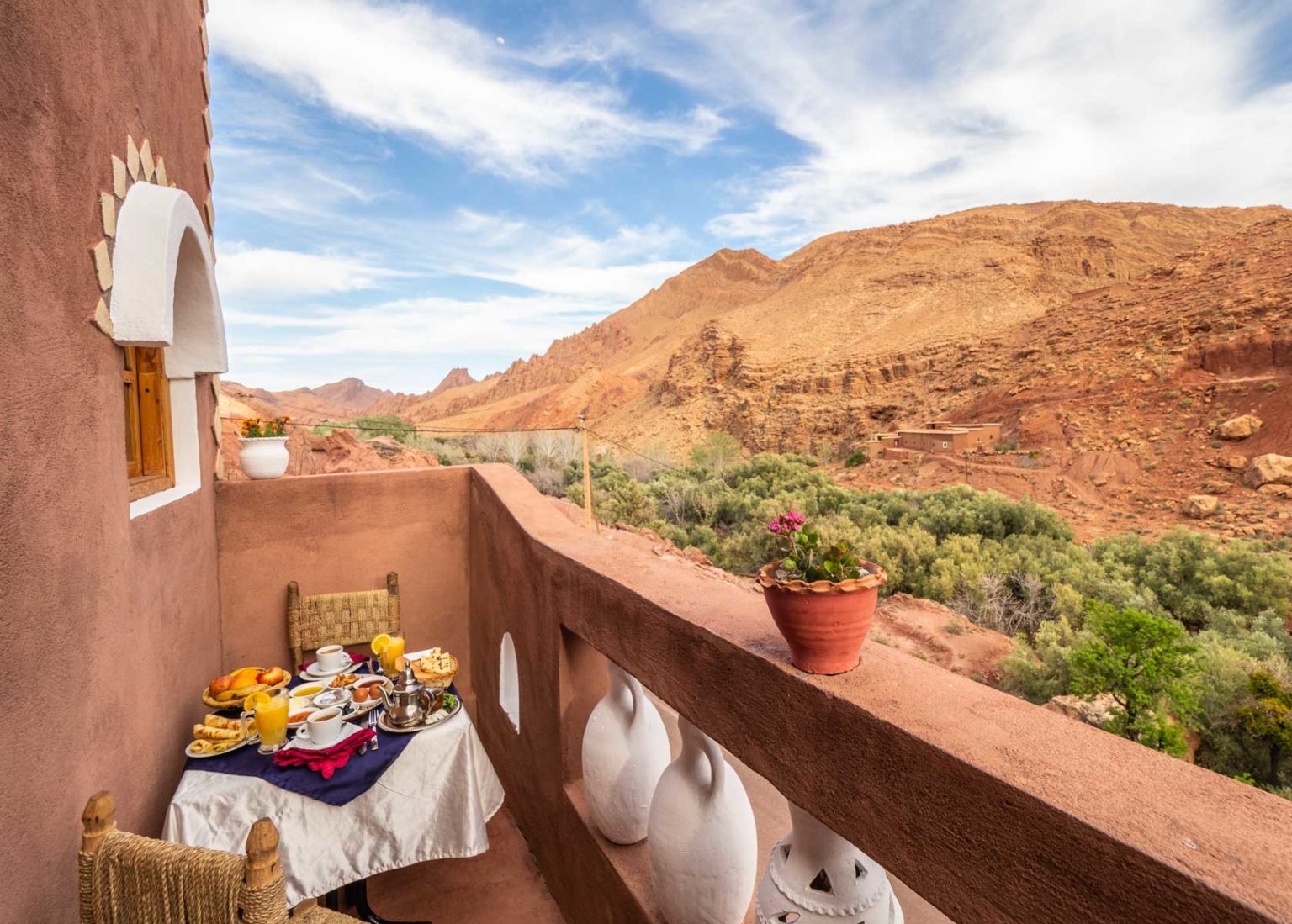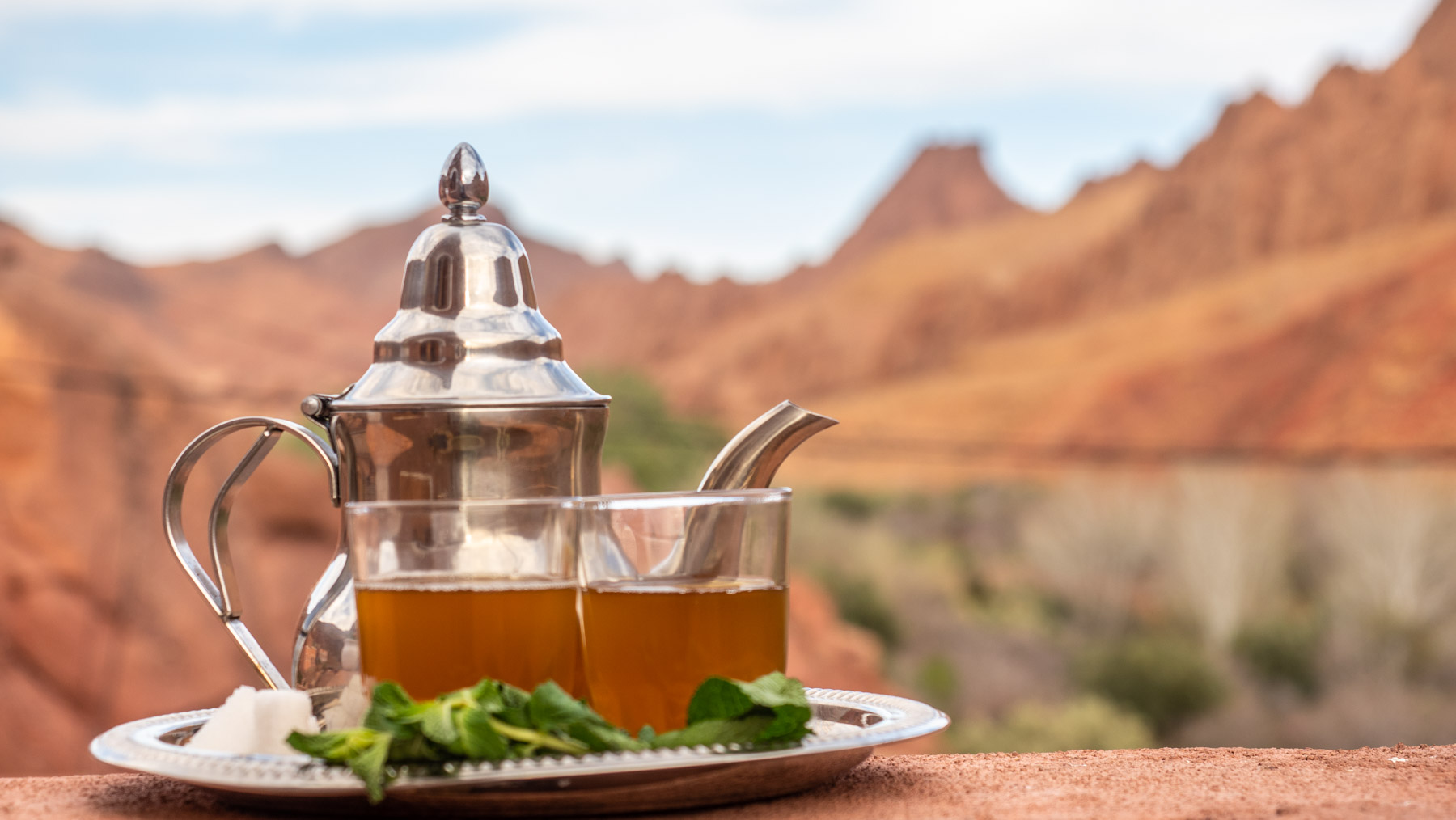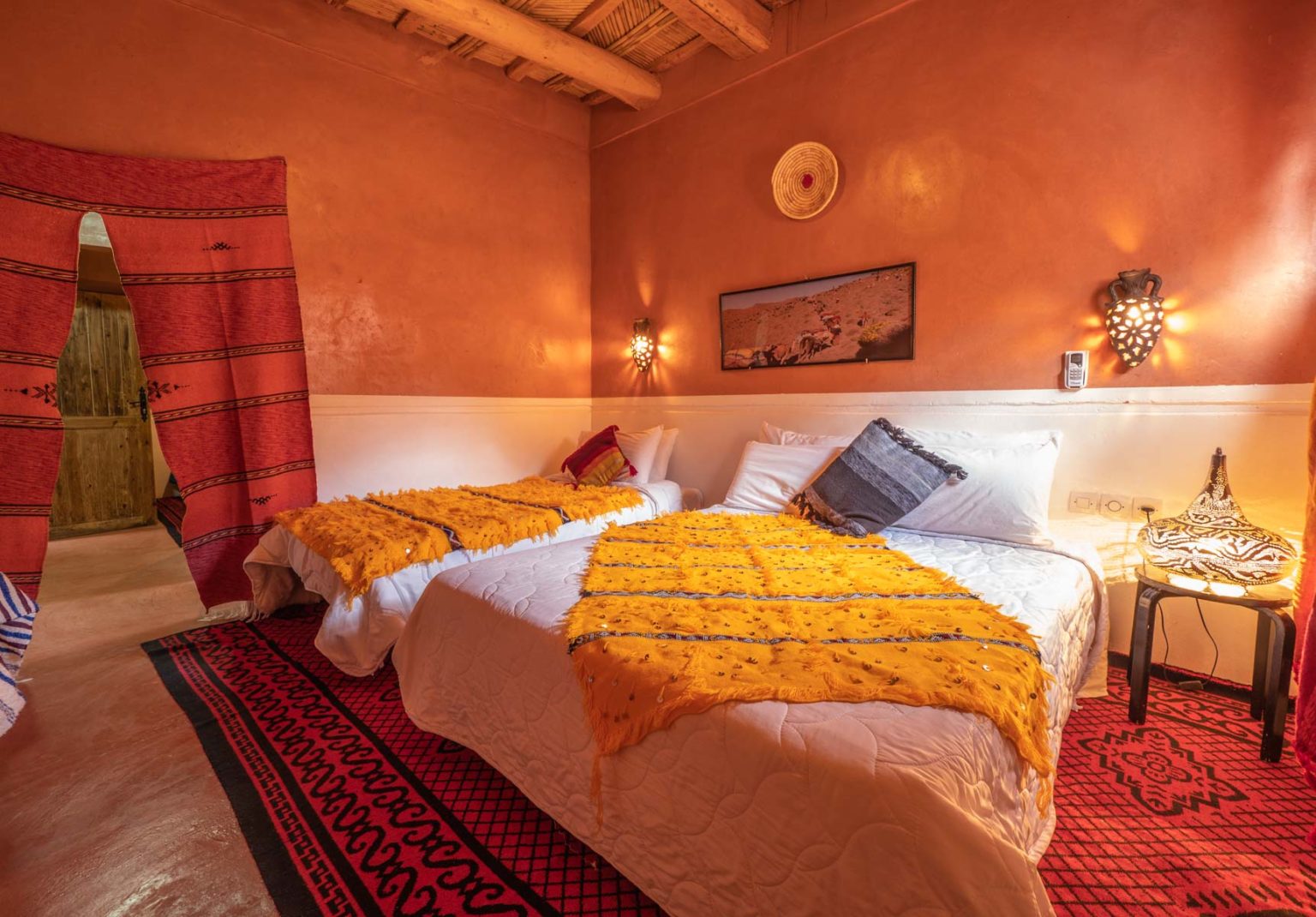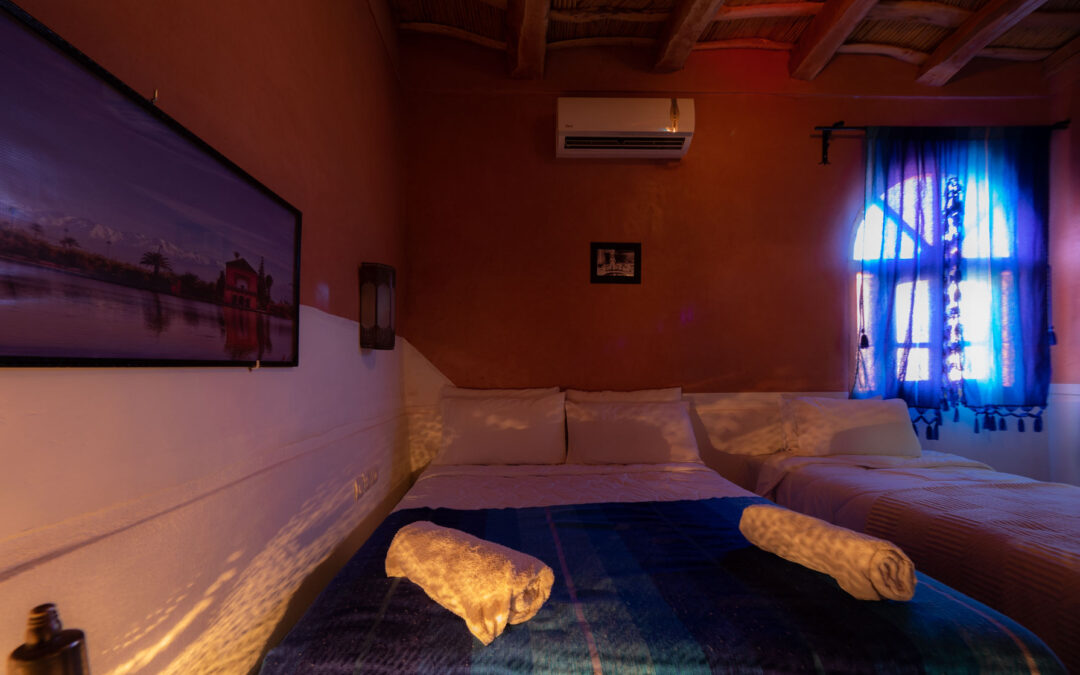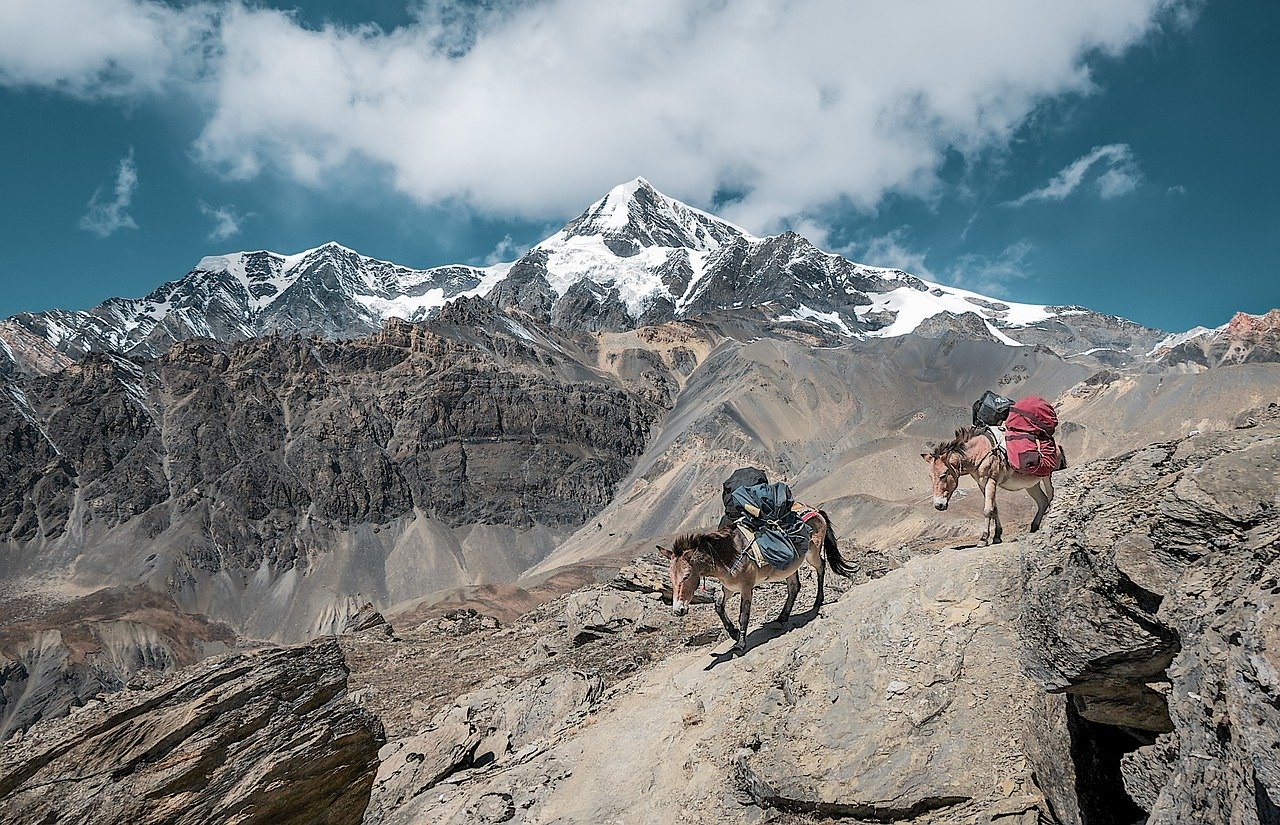
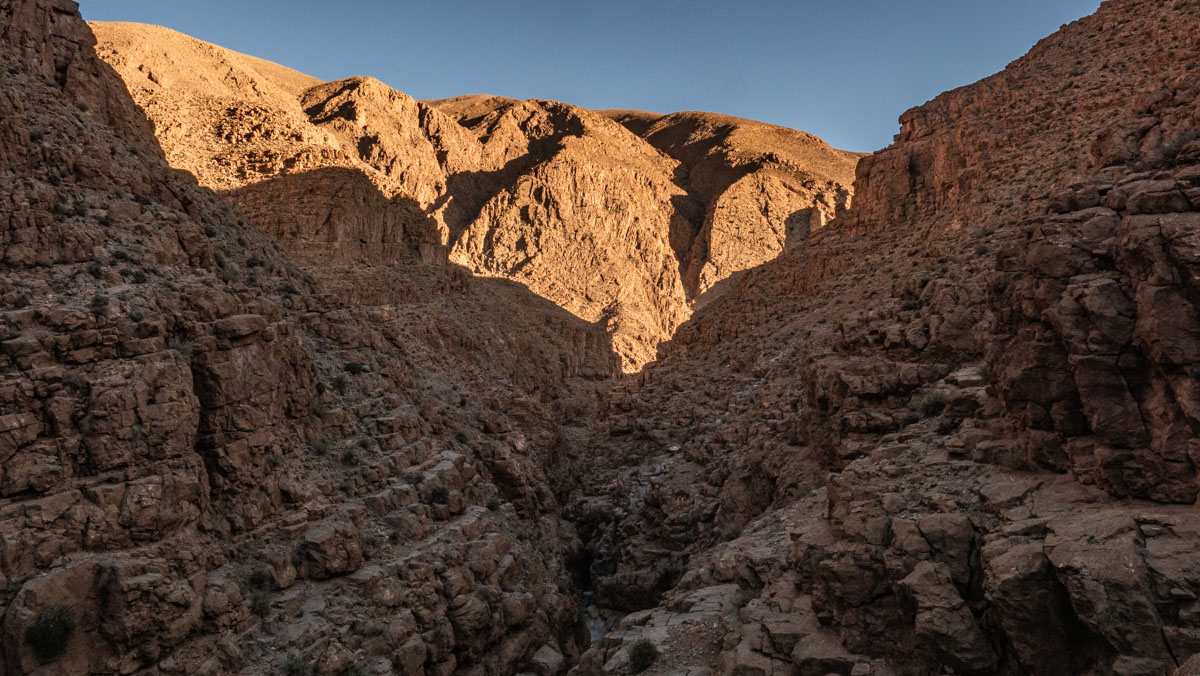
Culinary Journey Through the Atlas: Berber Cooking and Spices
Introduction
Embarking on a culinary journey through the Atlas Mountains in Morocco is a delightful experience that unveils the rich flavors and traditions of Berber cooking. The fusion of aromatic spices, fresh ingredients, and ancient recipes creates a unique gastronomic adventure that captivates the senses.
Exploring Berber Cooking
Discovering the secrets of Berber cooking is like stepping into a world where tradition and innovation meet. The Berber people, indigenous to North Africa, have perfected their culinary techniques over generations, resulting in dishes that are both flavorful and nutritious.
Traditional Berber Spices
Central to Berber cuisine are the vibrant spices that add depth and complexity to each dish. From cumin and paprika to coriander and ginger, the use of spices in Berber cooking reflects the region’s history of trade and cultural exchange.
Auberge Atlas Dades: A Culinary Haven
Nestled in the picturesque Atlas Mountains, Auberge Atlas Dades is a charming retreat that offers a glimpse into the heart of Berber hospitality and cuisine. Here, guests can partake in cooking classes, where they learn to prepare traditional dishes using locally sourced ingredients.
Immersive Cooking Experiences
At Auberge Atlas Dades, visitors have the opportunity to immerse themselves in the culinary traditions of the Berber people. From shopping for fresh produce in local markets to cooking alongside skilled chefs, every moment is a celebration of Berber culture.
Exploring the Spice Markets
A highlight of any culinary journey through the Atlas Mountains is a visit to the vibrant spice markets. Here, the air is filled with the intoxicating aromas of saffron, cinnamon, and cardamom, inviting visitors to explore and sample a myriad of spices.
Conclusion
Embarking on a culinary journey through the Atlas Mountains is a sensory delight that offers a glimpse into the rich tapestry of Berber cooking and spices. From the bustling markets to the tranquil kitchens of Auberge Atlas Dades, every moment is an opportunity to savor the flavors of Morocco.

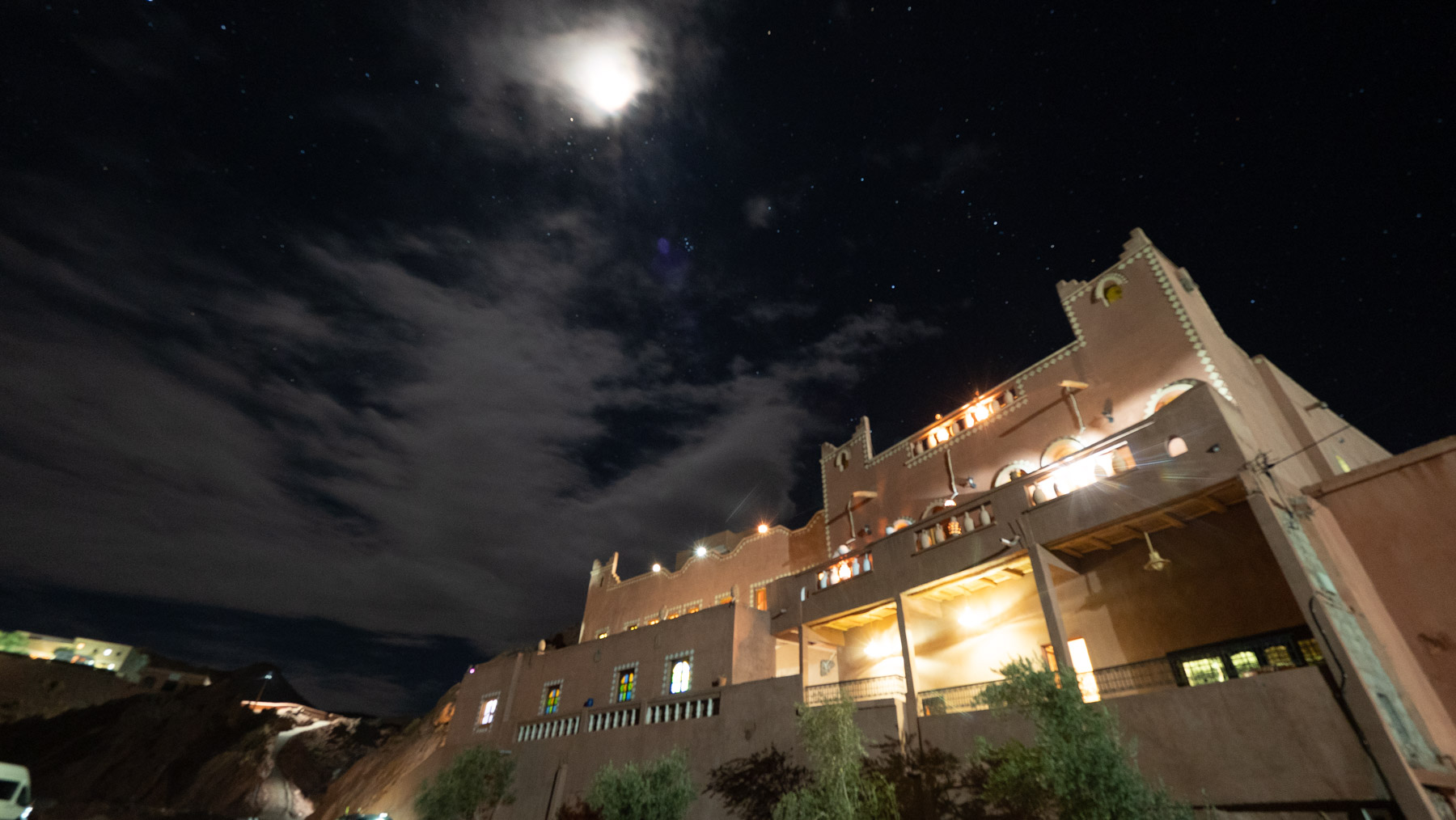
Expert Tips for Exploring Berber Cooking and Spices in the Atlas Mountains
When embarking on a Culinary Journey Through the Atlas to discover the secrets of Berber cooking and spices, travelers often have questions and doubts about what to expect. As an expert guide to Morocco, we are here to provide you with valuable advice to make the most of your experience.
1. Understanding Berber Cuisine
Before diving into the world of Berber cooking, it’s essential to understand the basics. Berber cuisine is known for its authentic flavors and use of local ingredients such as cumin, saffron, and preserved lemons. Be prepared to savor dishes that are rich in spices and reflect the unique culinary heritage of the Berber people.
2. Engage with Local Cooks
One of the best ways to learn about Berber cooking is to engage with local cooks and chefs. Don’t hesitate to ask questions and show interest in the cooking techniques and traditions. By interacting with locals, you’ll gain insider knowledge that will enhance your culinary journey.
3. Participate in Cooking Classes
To truly immerse yourself in the world of Berber cuisine, consider participating in cooking classes led by experienced chefs. These classes not only teach you how to prepare traditional dishes but also offer a hands-on experience that allows you to appreciate the artistry behind Berber cooking.
4. Explore Local Markets
Visiting local markets is a great way to discover the diverse array of spices used in Berber cooking. Take the time to stroll through the bustling markets, interact with vendors, and sample different spices. You may even find unique spices to bring back home as souvenirs.
5. Taste Authentic Berber Dishes
During your culinary journey, be sure to taste authentic Berber dishes such as tagine, couscous, and harira soup. Each dish tells a story and reflects the cultural heritage of the Berber people. Don’t be afraid to try new flavors and expand your palate.
6. Respect Local Customs
While exploring the Atlas Mountains and engaging with the local community, it’s important to respect local customs and traditions. Be mindful of cultural sensitivities and always ask for permission before taking photos or entering someone’s home. By showing respect, you’ll create meaningful connections with the locals.
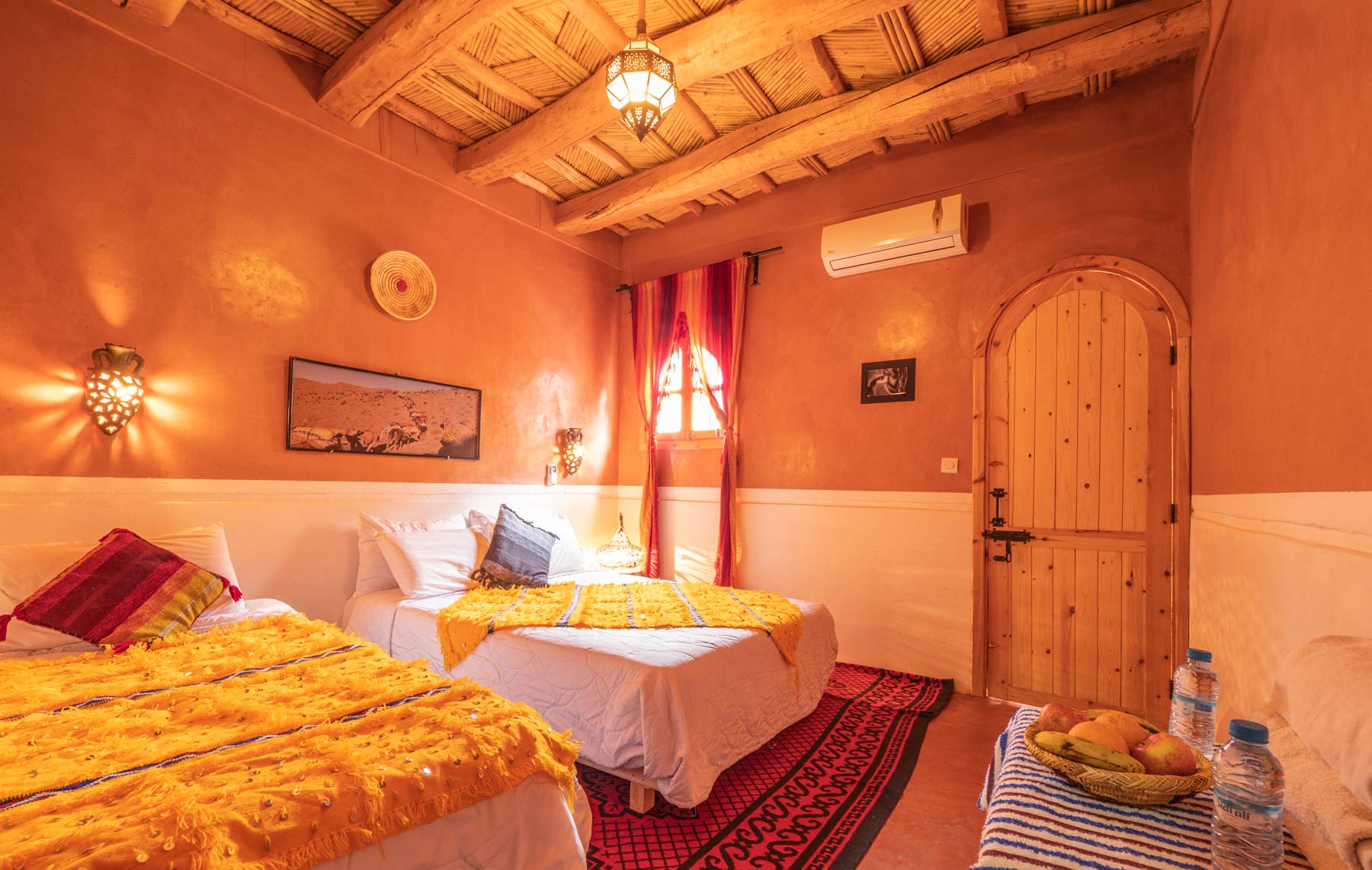
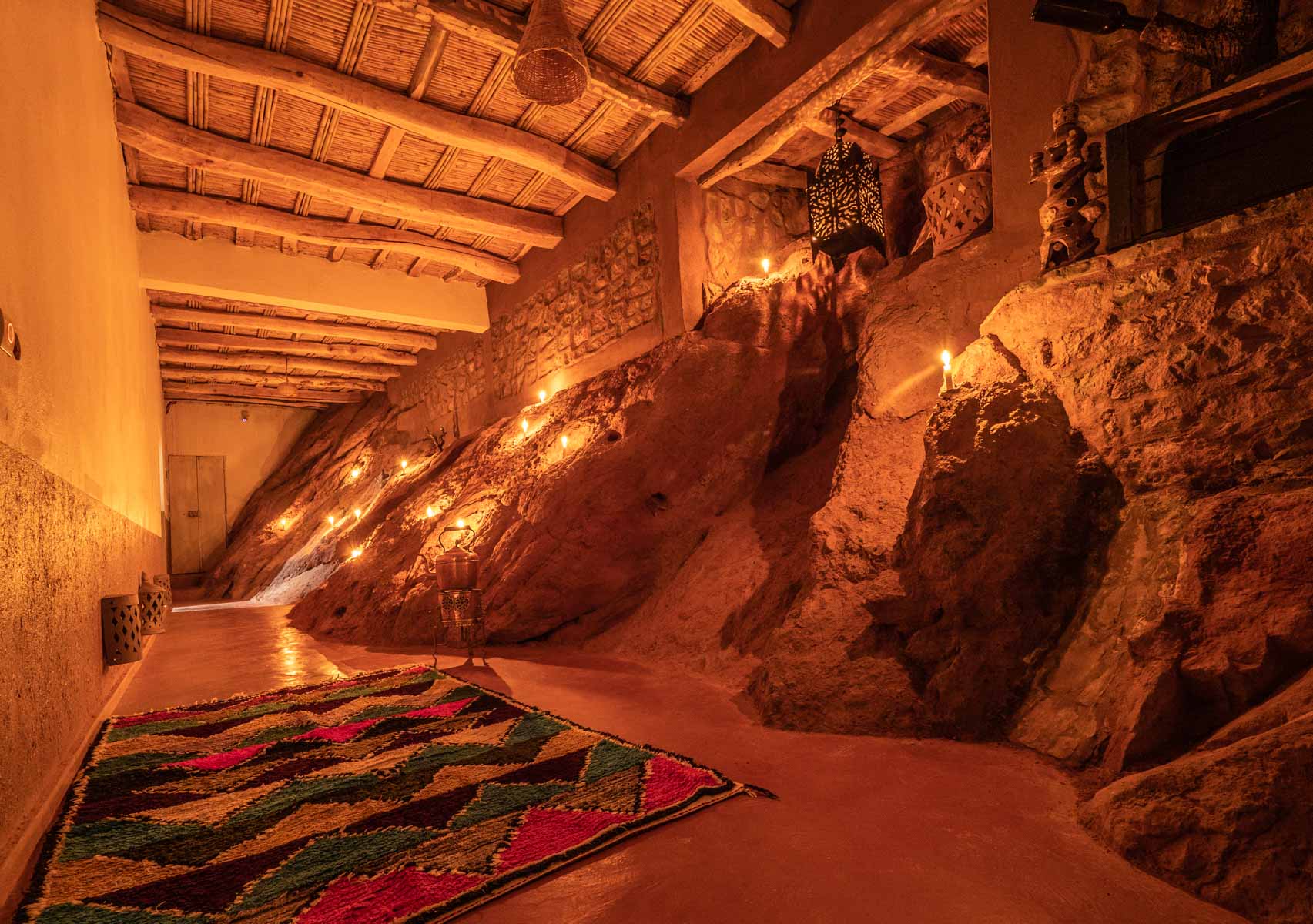
Discover the Flavors of Morocco: A Culinary Journey Through the Atlas Mountains
Embark on a culinary journey through the breathtaking Atlas Mountains of Morocco and uncover the rich Berber cooking traditions and vibrant spices that define this region’s gastronomy.
Exploring Berber Cooking
As you traverse the Atlas Mountains, you’ll have the opportunity to delve into the heart of Berber cooking, a culinary tradition deeply rooted in the culture and history of Morocco. The Berbers, indigenous people of North Africa, have preserved their unique cooking techniques and recipes for generations, creating dishes that are both flavorful and nutritious.
During your journey, you’ll have the chance to visit local villages and participate in cooking classes led by Berber chefs. Learn the art of preparing traditional dishes such as tagines, couscous, and pastilla, all infused with a myriad of spices that add depth and complexity to the flavors.
Exploring the Spice Markets
No culinary journey through Morocco is complete without a visit to the bustling spice markets that line the streets of Atlas Mountain towns. Immerse yourself in a sensory experience as you wander through stalls brimming with colorful spices such as cumin, paprika, saffron, and ras el hanout.
Engage with local spice merchants who will share their knowledge of spices and their uses in Berber cuisine. Discover the secrets behind spice blends that are integral to creating the distinct flavors of Moroccan dishes, and perhaps even purchase some spices to bring a piece of Morocco back home with you.
Connecting with Local Communities
One of the highlights of a culinary journey through the Atlas Mountains is the opportunity to connect with local communities and gain insight into their way of life. Share meals with Berber families, hear their stories, and witness the hospitality that is central to Moroccan culture.
By immersing yourself in the culinary traditions of the Berbers, you’ll not only savor delicious dishes but also gain a deeper appreciation for the cultural significance of food in Morocco. Each meal tells a story, each spice carries a history, making your culinary journey a truly enriching and unforgettable experience.

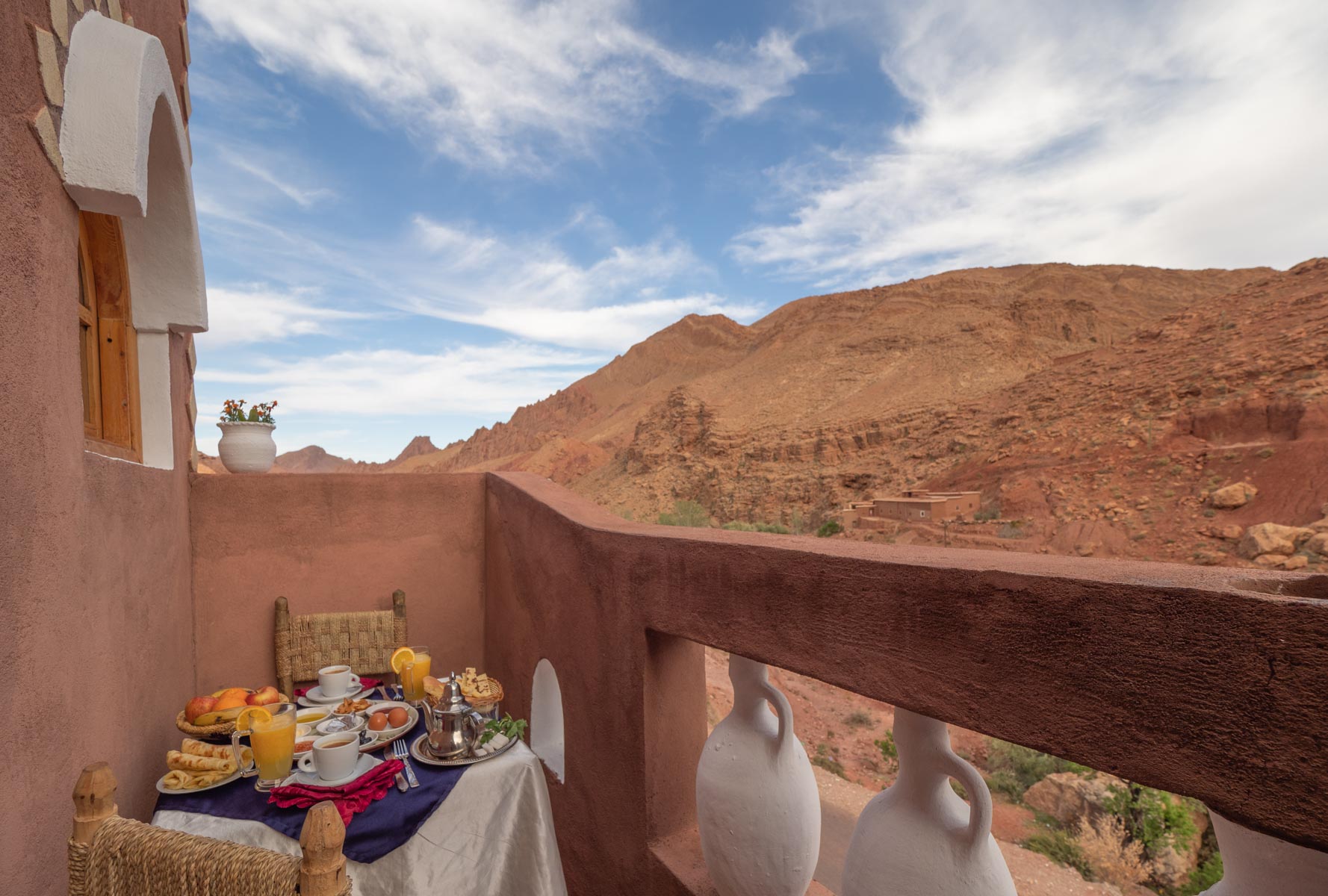
Before the Journey: Planning a Culinary Journey Through the Atlas can be an exciting experience. Before embarking on this adventure, it is recommended to research the traditional Berber cooking techniques and spices to have a better understanding of what to expect. Additionally, it is important to check the weather conditions in the region and pack accordingly, as the Atlas Mountains can have varying temperatures.
During the Journey: Once in Morocco, immerse yourself in the local culture by visiting markets and trying different spices and ingredients. Engaging with locals and participating in cooking classes can provide a hands-on experience of Berber cuisine. Don’t forget to explore the beautiful landscapes of the Atlas Mountains and capture the memories through photography.
After the Journey: After your Culinary Journey Through the Atlas, consider sharing your experience with others through social media or a travel blog. You can also experiment with the recipes you learned during your trip at home to keep the memories alive. Remember to stay in touch with the friends you made during your travels and continue to explore the diverse culinary world of Morocco.
For the best accommodation option in Morocco, we recommend Auberge Atlas Dades. Situated in the picturesque Dades Valley, this charming guesthouse offers stunning views of the Atlas Mountains and provides a cozy and authentic Berber experience. The friendly staff and delicious traditional meals make Auberge Atlas Dades the perfect place to relax after a day of exploring the culinary delights of the region.
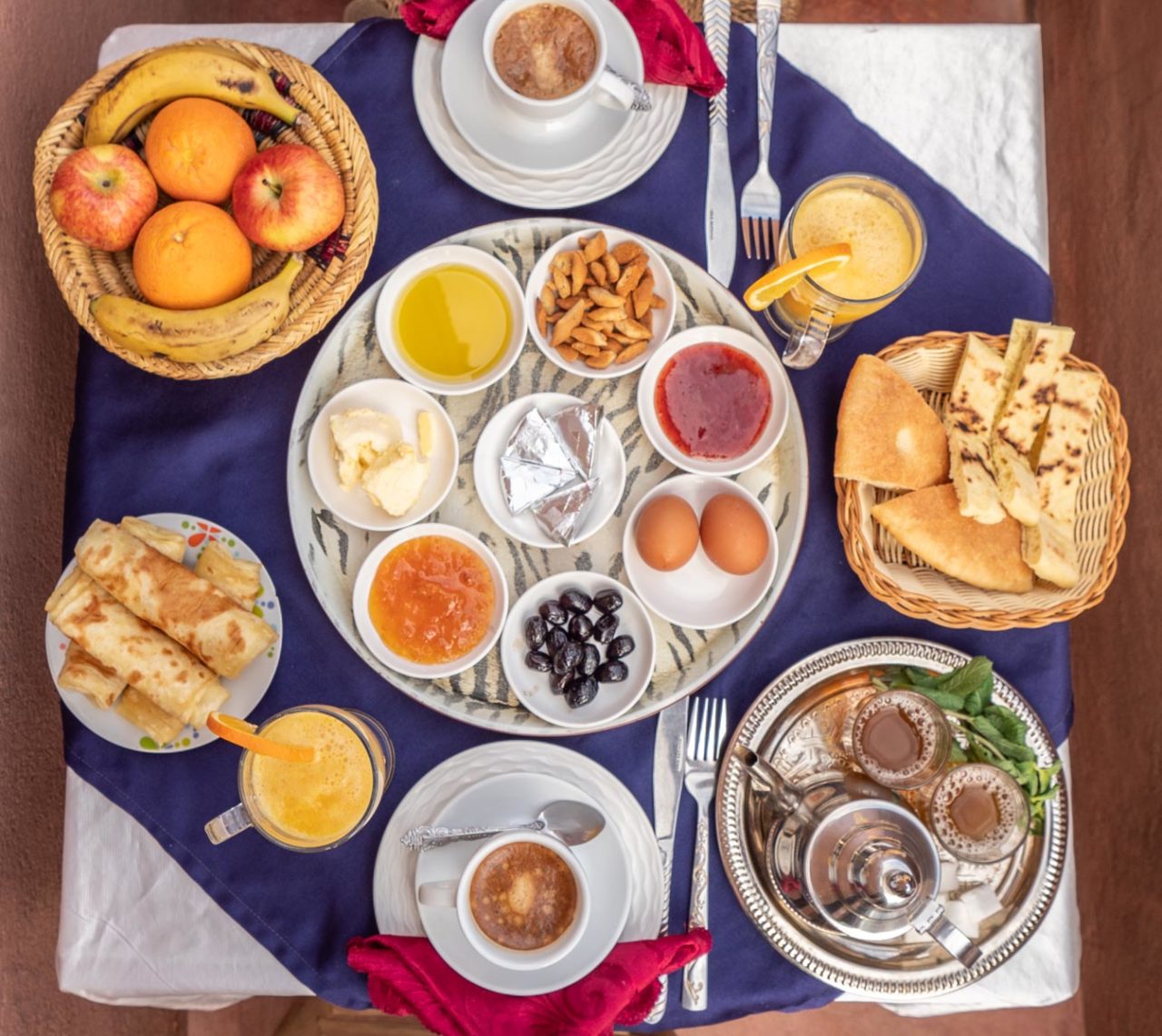


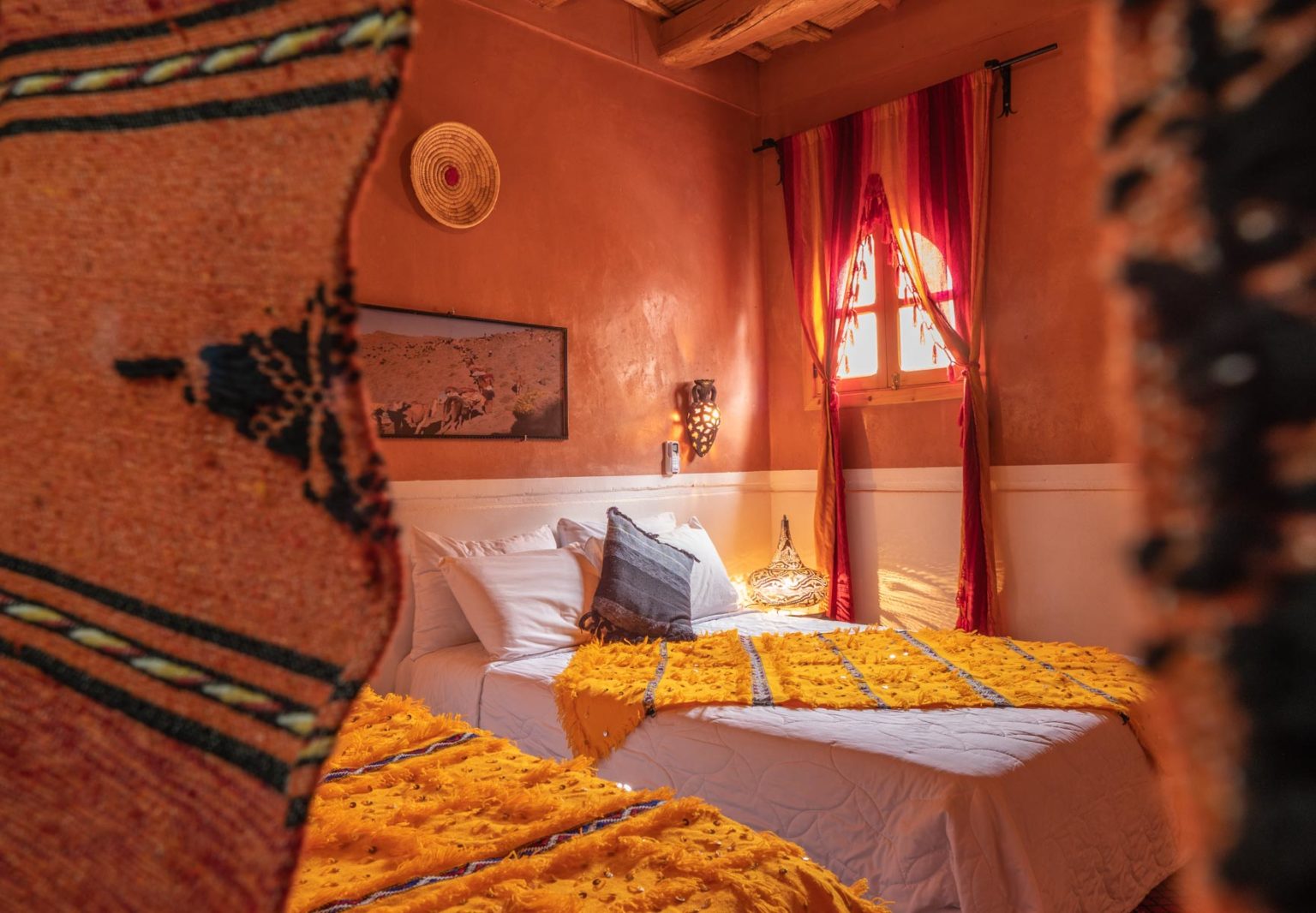
Frequently Asked Questions
1. What is Berber cooking?
Berber cooking refers to the traditional culinary practices of the Berber people, an indigenous ethnic group of North Africa. It is characterized by the use of local ingredients, spices, and cooking methods that have been passed down through generations.
2. What are some typical Berber dishes?
Some typical Berber dishes include Tagine, a slow-cooked stew made with meat, vegetables, and spices; Couscous, a staple made from steamed semolina grains; and Harira, a hearty soup often served during Ramadan.
3. What are the key spices used in Berber cooking?
Key spices used in Berber cooking include cumin, paprika, ginger, coriander, and cinnamon. These spices add depth of flavor and aroma to the dishes.
4. How can I experience Berber cooking firsthand?
You can experience Berber cooking firsthand by participating in a culinary journey through the Atlas Mountains in Morocco. This immersive experience allows you to learn traditional cooking techniques and taste authentic Berber dishes.
5. Are Berber dishes suitable for vegetarians?
Yes, Berber cuisine offers a variety of vegetarian options, such as vegetable tagine, stuffed peppers, and lentil soup. The use of fresh vegetables and flavorful spices makes vegetarian dishes a delicious choice.
6. What makes Berber cooking unique?
Berber cooking is unique due to its emphasis on using local and seasonal ingredients, as well as the intricate blend of spices that create rich and complex flavors. The cooking methods, such as slow simmering in a tagine, also contribute to its distinctiveness.
7. Can I learn to cook Berber dishes at home?
Absolutely! Many Berber recipes are accessible and can be recreated at home. You can find online tutorials, cookbooks, and cooking classes that guide you through the process of preparing authentic Berber dishes in your own kitchen.
8. What beverages complement Berber cuisine?
Traditional Berber beverages that complement the cuisine include mint tea, a refreshing and aromatic drink served with most meals, and rose water infused drinks that provide a floral note to balance the savory flavors of the dishes.
9. Are Berber spices readily available outside of Morocco?
Many Berber spices can be found in specialty stores or online retailers that offer a wide selection of authentic Moroccan spices. Look for reputable sources to ensure the quality and freshness of the spices for your cooking.
